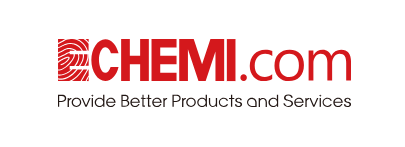analytical chemistry products in beverage testing

The beverage industry relies heavily on advanced analytical chemistry products to guarantee that every product reaching the consumer is safe, consistent, and true to its label. From multinational soft drink manufacturers to craft breweries and bottled water companies, these sophisticated tools and reagents are indispensable for quality control, regulatory compliance, and protecting brand integrity throughout the production process.
The applications of analytical chemistry products in beverage testing are comprehensive. A key area is safety and contaminant analysis. This involves using Chromatography systems—primarily High-Performance Liquid Chromatography (HPLC) and Gas Chromatography (GC)—coupled with Mass Spectrometry (MS) detectors to identify and quantify potentially harmful substances. These can include pesticide residues from raw materials, mycotoxins, process contaminants like furans, and unauthorized additives. Similarly, Inductively Coupled Plasma Mass Spectrometry (ICP-MS) is used for ultrasensitive detection of heavy metals like lead and arsenic. For microbiological safety, rapid testing kits based on enzymatic or DNA-based methods (PCR) allow for the quick detection of spoilage organisms and pathogens.
Beyond safety, these products are crucial for quality and authenticity verification. Spectrophotometers and HPLC systems are used to measure key quality parameters such as caffeine content, vitamin fortification levels, preservative concentrations (e.g., benzoates, sorbates), and the presence of artificial sweeteners. In the juice and wine industries, stable isotope ratio analysis (IRMS) is a powerful technique to authenticate origin and detect adulteration with cheaper ingredients, such as adding sugar syrup to fruit juice. For breweries, analytical chemistry is vital for monitoring alcohol by volume (ABV), bitterness units (IBUs), and sugar profiles throughout fermentation.
The role of analytical chemistry products is foundational to the modern beverage industry. They provide the objective data needed to make critical decisions, from approving raw ingredients to releasing finished products. By ensuring consistent flavor, accurate nutritional labeling, and, most importantly, consumer safety, these chemical analysis tools are silent guardians of the quality and trust that every successful beverage brand is built upon.
- Art
- Causes
- Crafts
- Dance
- Drinks
- Film
- Fitness
- Food
- Παιχνίδια
- Gardening
- Health
- Κεντρική Σελίδα
- Literature
- Music
- Networking
- άλλο
- Party
- Religion
- Shopping
- Sports
- Theater
- Wellness


